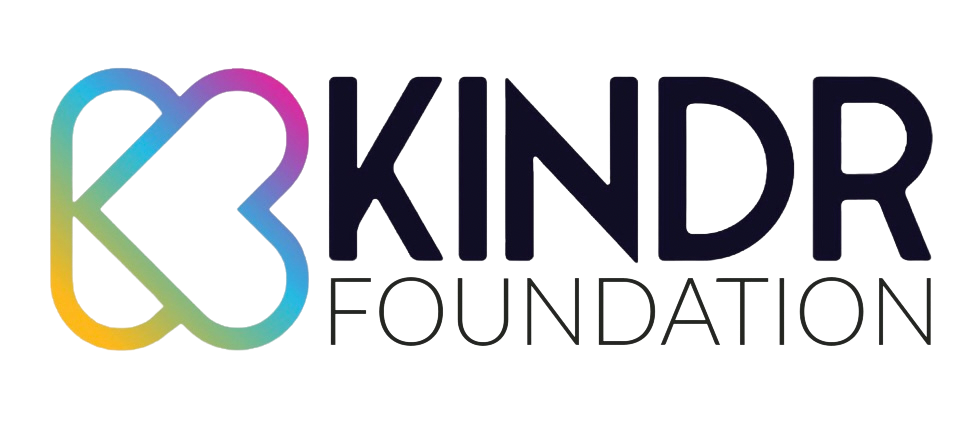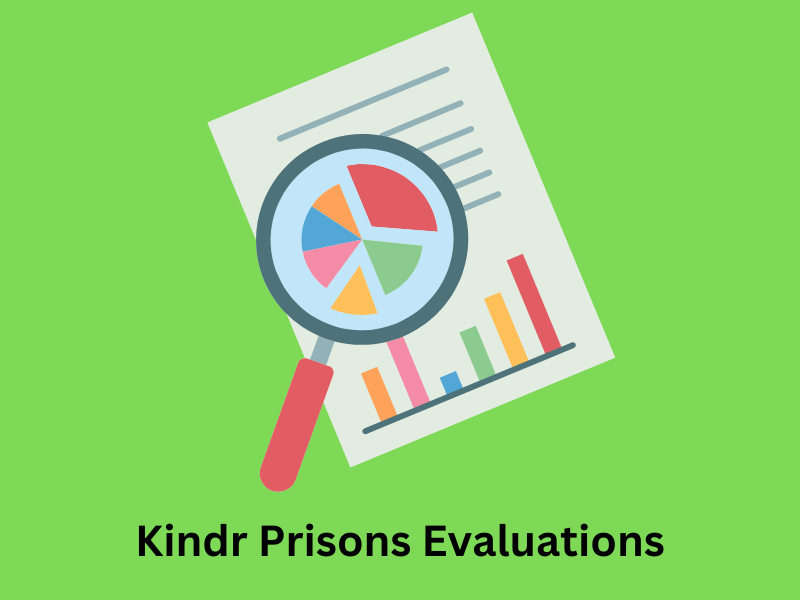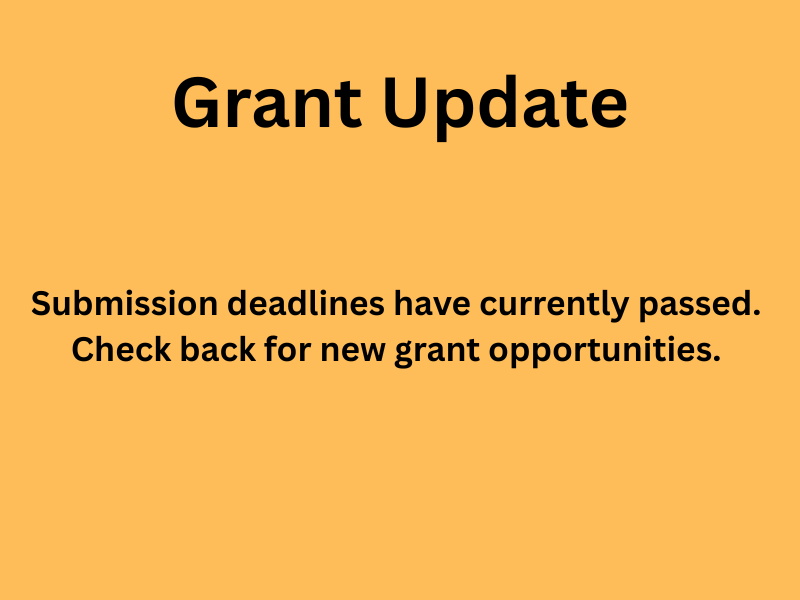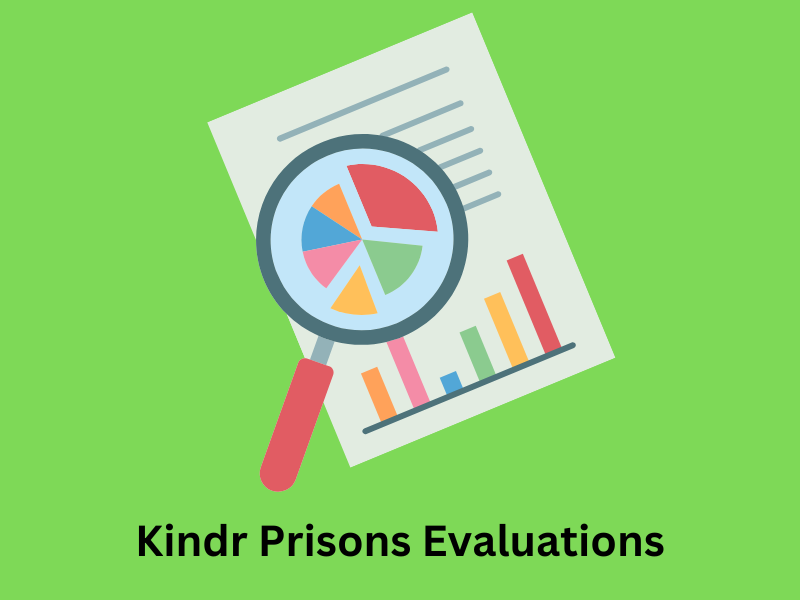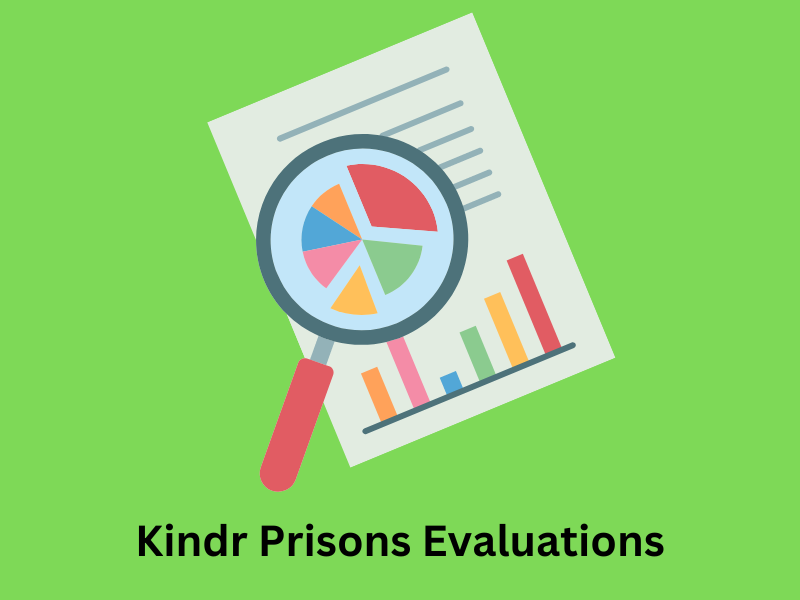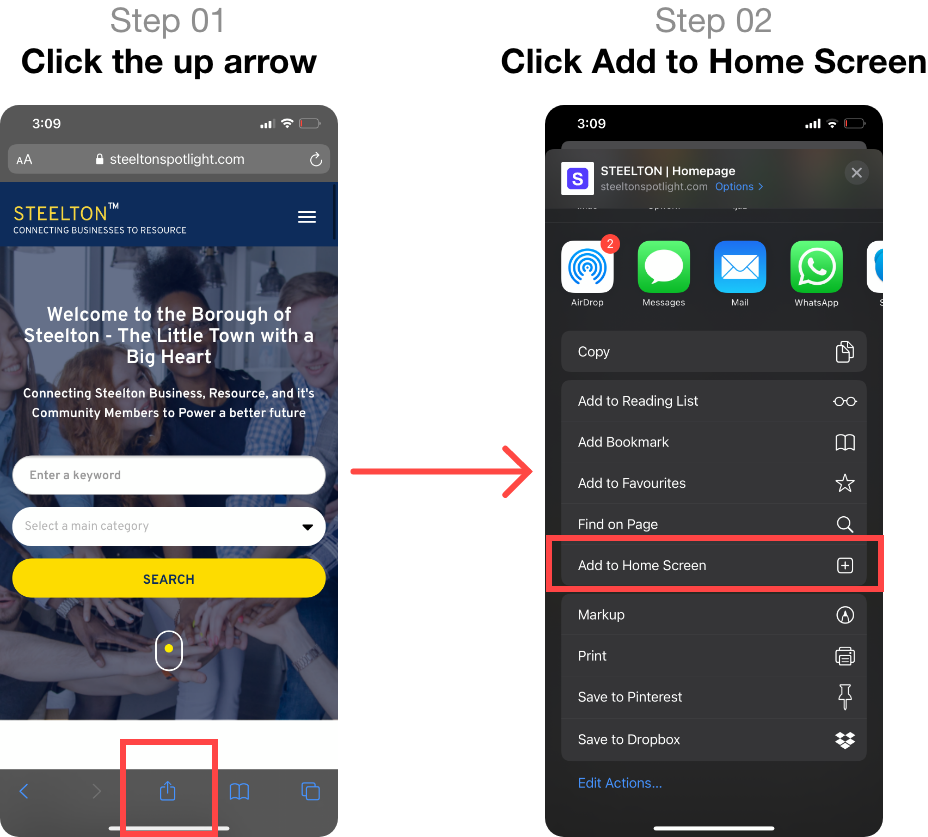
The Effect of the Mindful Kindness Program–How Love Wins on Mental Health and Happiness of Incarcerated Individuals
The Effect of the Mindful Kindness Program–How Love Wins on Mental Health and Happiness of Incarcerated Individuals
November 2023
Bonnie Grossen
Evaluation Director
The effectiveness of the Mindful Kindness Program (MKP) was evaluated for its effectiveness in motivating incarcerated individuals to adopt a new way of living centered on the principles of kindness. MKP is a 12-step program based on the book How Love Wins (Carnine, 2020). To teach the “kindful” pathway to a happy life, the book uses exercises and specific examples of how kindness leads to happiness, of how meditation and mindfulness can help with self-control, and provides strategies for increasing kind habits and decreasing unkind habits. Given Covid restrictions, the original MKP delivery plan of group-facilitated delivery was retooled to provide a mail-in course where participants worked on their own, sending in their written responses to each step. However, no feedback was sent, only the material for the next step after receiving the response to the first step. The group-facilitated course required 7 months to complete. Some groups were led by prisoners, other groups were led by facilitators from outside the prison. The mail-in course required an average of 16 months to complete. (Prison mail processing is very slow.) MKP participants completed a 51-item survey at the start and end of the course. Table 1 lists the 39 items that showed a statistically significant change from pre to post. All the change was in the desired direction. (Note that the first five items indicate significant changes toward the described outcomes but do not indicate that they have reached that outcome. For example, in item 2 participants did not indicate that the conditions of their life were excellent. Rather the results indicated that after taking the MKP they felt their life was moving closer to excellent conditions, even if still far from being excellent.)
Table 1. List of items that changed significantly from pre to post-survey. (All changes were in the desired direction with the significance level adjusted to account for multiple comparisons.)
- In most ways my life is close to my ideal.
- The conditions of my life are excellent.
- I am satisfied with my life.
- So far, I have gotten the important things I want in life.
- If I could live my life over, I would change almost nothing.
- How often have you been upset because of something that happened unexpectedly?
- How often have you felt unable to control the important things in your life?
- How often have you felt nervous or stressed?
- How often have you felt confident about your ability to handle personal problems?
- How often have you felt things were going your way?
- How often have you found that you could not cope with all the things you had to do?
- How often have you been able to control irritations in your life?
- How often have you felt that you were on top of things?
- How often have you been angry because of things that happened that were outside of your control?
- How often have you felt that difficulties were piling up so high that you could not overcome them?
- Being in groups makes me anxious.
- I have some close friends but would like to have more.
- I have many close, meaningful relationships.
- I feel overwhelmed a lot of the time.
- It’s difficult to calm my thoughts and focus.
- I’m easily distracted.
- I feel anxious and worry about the future.
- I am often troubled by my regrets and past mistakes.
- I still feel angry about the way others have treated me in the past.
- I get upset when something happens unexpectedly.
- I feel that I am unable to control the important things in my life.
- I feel confident about my ability to handle any personal problems.
- I feel that things are going my way.
- I can control irritations in my life.
- I feel that I am on top of things.
- I get angry because of things that are outside of my control.
- I feel difficulties are piling up so high that I cannot overcome them.
- The Mindful Kindness Program improved my decision-making.
- I would like to learn how to use mindfulness, meditation, and other techniques to calm my mind.
- I use mindfulness and meditation in my daily life.
- I know some techniques to calm myself down when I feel upset.
- I make an effort to be kind to those who are ignored or discriminated against.
- I like volunteering to help others facing difficult situations.
- Talking about kindness feels uncomfortable.
The effects of the group-facilitated course (n=48) were compared with those of the mail-in course (n=188). One item resulted in a significantly more desirable outcome for the group-facilitated instruction: I’d like to move out of my comfort zone more often so I can help others.
Those who participated in the mail-in course only showed statistically significant positive change on 35 of the 51 items measuring satisfaction with life, stress, relationship health, mental well-being, behavior control, and mindfulness. Those who participated in the group-facilitated sessions showed statistically significant positive change on 21 of the 51 items. (Significance is more difficult to achieve with the smaller sample.)
A comparison of inmate-led versus outside-led group effectiveness showed no statistically significant differences in the level of change for all items but 1. The one item with a significant difference favored the inmate-led group. Most large, nonsignificant differences favored the inmate-led group (10, versus 3 favoring the outside-facilitated group). The cost-effectiveness and time efficiency of the inmate-led groups over both outside-facilitated groups or mail-in course further endorses the efficacy of the inmate-led groups. Details of the analysis and further findings can be found using the link: EvaluationReport_Effects_on_Happiness_MKP--Nov2023.pdf
